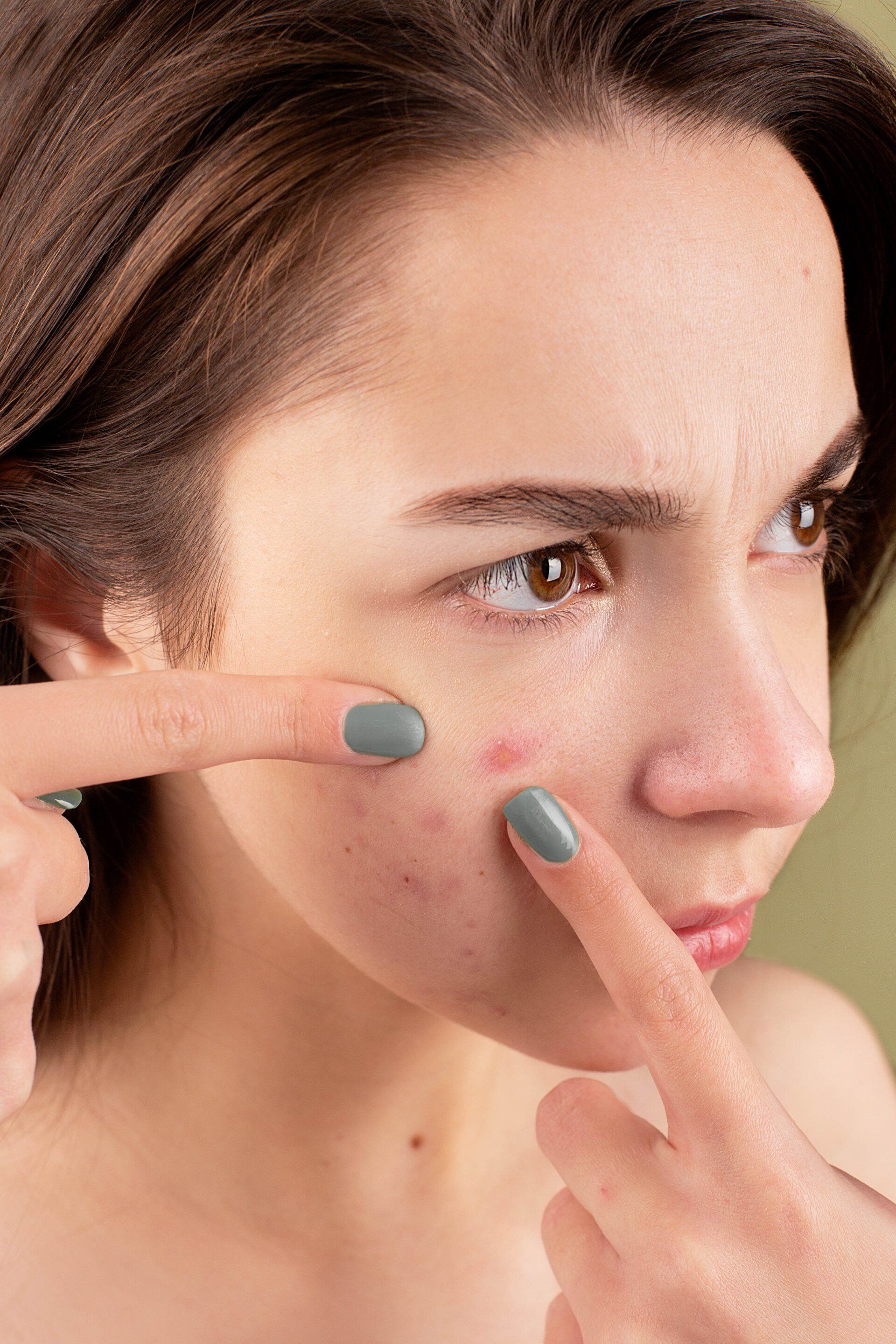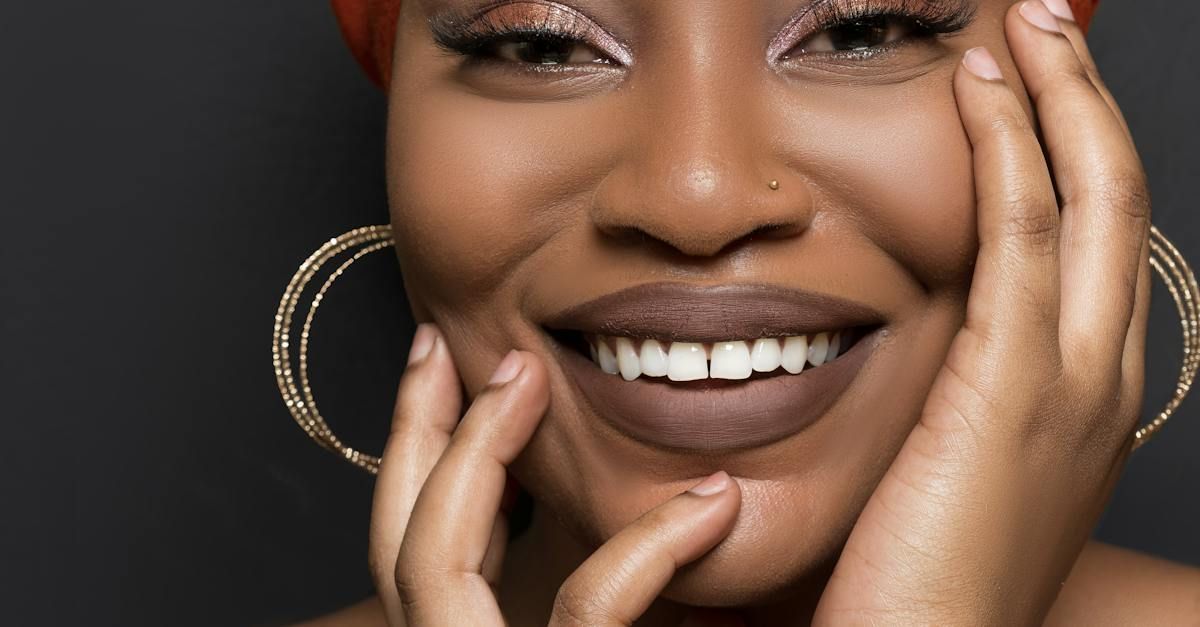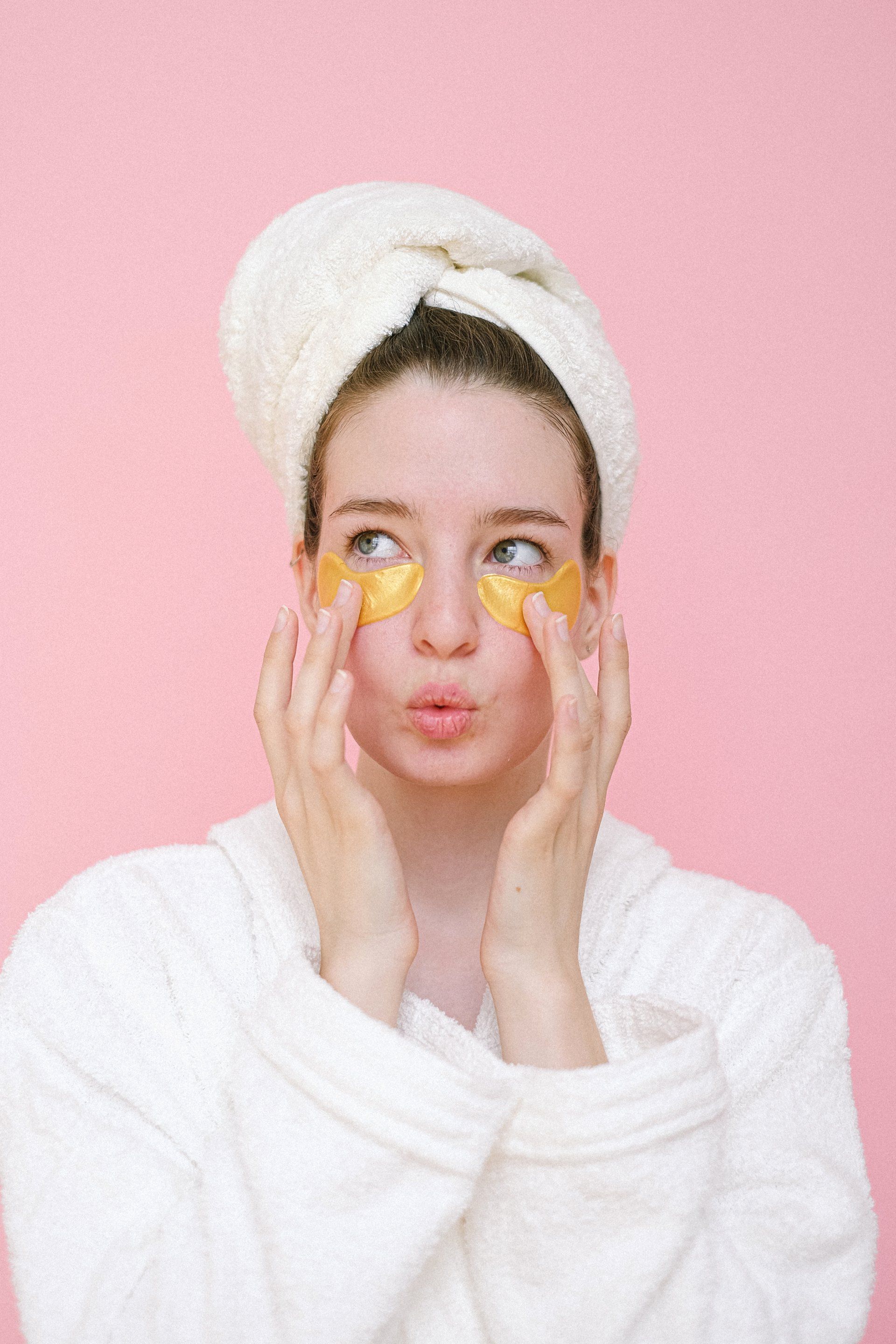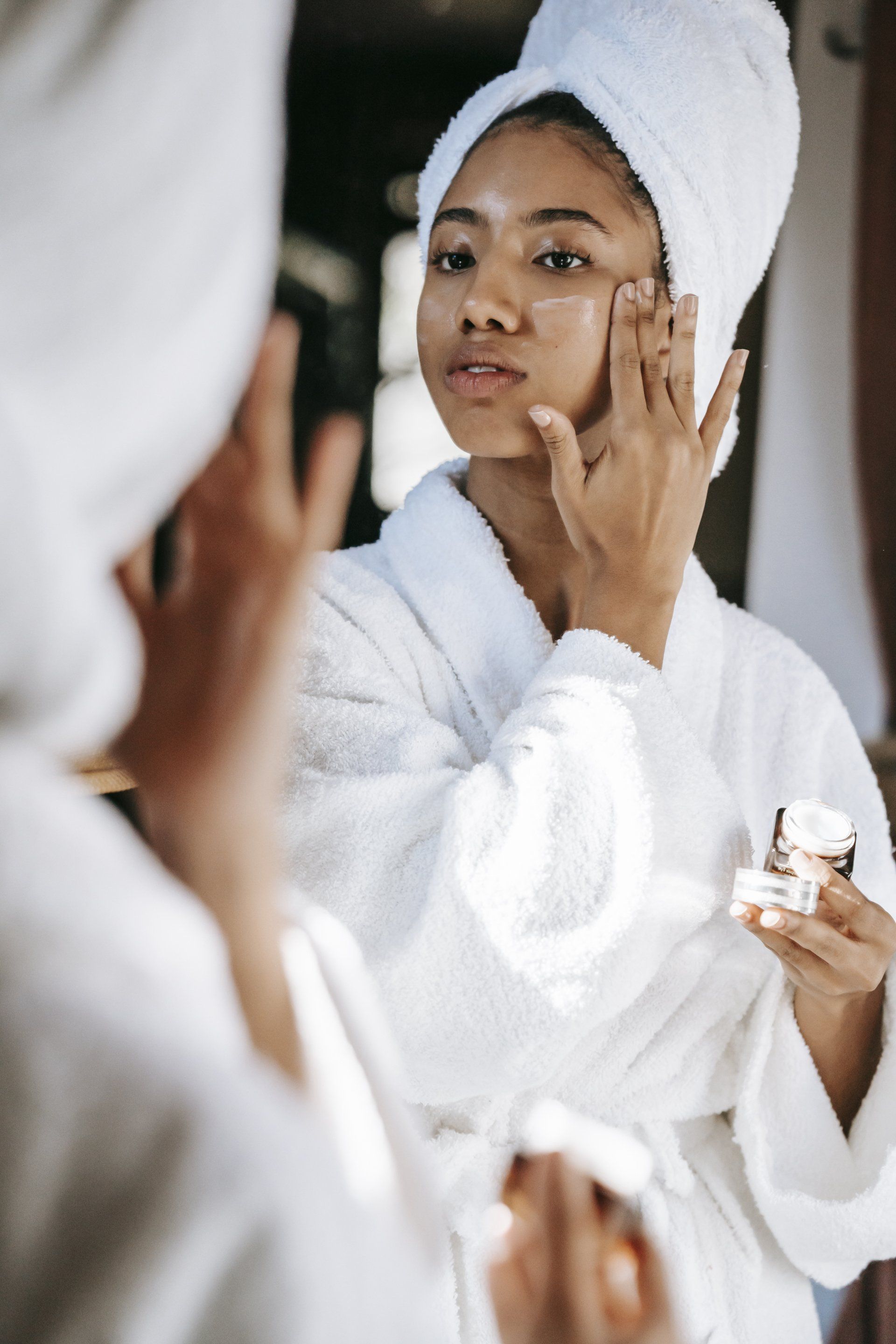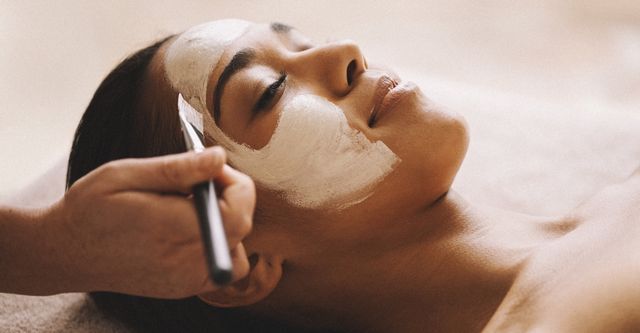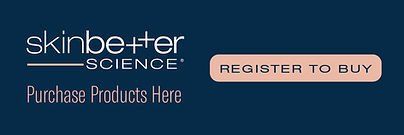Why I love retinol for all skin types and concerns.
By now, we’ve all heard about how important retinol is in a skin health regimen. This industry-favorite ingredient has been the subject of countless studies proving its effectiveness in stimulating skin chemistry - boosting collagen and elastin, and minimizing acne, scarring, and hyper pigmentation. It truly is the gold standard ingredient when it comes to topical skin nutrition.
How does retinol work?
While many people equate retinol with an exfoliator, like lactic or glycolic acid, it actually works quite differently. Rather than ungluing dead skin cells and causing exfoliation at the surface, retinol works by penetrating deeper into the skin and binding with cell receptors, signaling aging cells to behave more youthfully, and to turn over at a more youthful pace. The result is the creation of healthy connective tissue and a reduction of damaged, unhealthy tissue.
Retinol doesn't just speed up cellular turnover; it normalizes/regulates cell turnover, proliferation and growth. This is what makes retinol so great at literally everything:
- reducing fine lines and wrinkles
- increasing collagen and elasticity
- reducing acne, scarring, and clogged pores
- reducing pigmentation and sun damage
- increasing natural moisture levels in the skin
- reducing actvity of enzymes that degrade skin tissue
This action also makes it an interesting option for treating skin cancers, for which it is being studied extensively.
Unfortunately, many people avoid retinol products, saying they’re too irritating to use regularly. Because retinol can cause some mild skin stress that serves as a precursor to growth and repair, it’s important to use intelligently.These effects can be mitigated by correct use; using the right type of retinol in the right way makes all the difference!
Types of Retinol
All retinols are a form of Vitamin A, which naturally exists in the body and is stored in various forms in our tissues and organs to be used when needed. When needed, Vitamin A goes through a complex conversion process activated by enzymes in the body to make it usable by cells (more on that below).
Forms of Vitamin A (from strongest to weakest):
Retinoic Acid - this is the strongest, most active form of Vitamin A. Available only by prescription, this is usually the culprit when people think they can't tolerate retinol. This form of Vitamin A doesn't need to be converted by the body and is ready to go, which can be behind its sensitizing effects.
Retinol - this form can be stored in the body's tissues, ready to activate when needed. With additional functions as an antioxidant and cell communicator, this is a super usable form of Vitamin A with less irritation than Retinoic Acid. Depending on the percentage in a particular formula, retinol can still be irritating to more sensitive skin types.
Formulating with retinol can be tricky because it's super sensitive to light (which is why you're only supposed to use retinols at night!) and is somewhat unstable.
Retinyl Palmitate and/or Retinyl Acetate - these forms of Vitamin A are weaker than retinol, but are also more stable, making them easier to formulate with. Most of the Vitamin A stored in the body is found in this form, meaning it's super tolerable even for sensitive skin types.
Retinaldehyde - this less common form of Vitamin A is somewhere between Retinyl Palmitate and Retinol. It's technically a transitionary form of Vitamin A, making it also well tolerated by most skins.
Beta Carotene - a precursor to vitamin A from foods like carrots, spinach, sweet potatoes, and cantaloupe. This needs to be converted into Vitamin A by the intestines, meaning applying beta carotene products isn't quite going to work the same. Aside from working as an antioxidant, beta carotene won't do much applied topically.
Conversion process of Vitamin A in the body
In order to make Vitamin A usable by cells in the body, it has to go through an enzymatic conversion process, illustrated below.
- You eat spinach (which is rich in beta carotene).
- The small intestine absorbs the Beta Carotene.
- It is stored in the liver as Retinyl Palmitate.
- When Vitamin A is needed by cells, Retinyl Palmitate is converted into Retinol and transported through the bloodstream to the skin.
- When Retinol reaches the dermis/epidermis, it is converted back to Retinyl Palmitate. (This is the only way it can enter skin cells.)
- When crossing the membrane of the skin cell, it is converted back to Retinol.
- Once inside the cell, it is finally converted into Retinoic Acid and gets to work!
Topically applied forms of retinol go through the same process, which is part of what makes certain skin types respond differently to different forms of Vitamin A.
How to incorporate Retinol into my Routine?
Here are some recommendations to get the most out of your retinol products.
- Choose the appropriate Vitamin A form based on your skin type: if your skin is sensitive, dry, or inflamed, start with Retinyl Palmitate or Retinol. If your skin is more resilient, you can go straight for the prescription strength products.
- Start slow: more isn’t more when it comes to retinol. Because your skin actually stores this active ingredient, there’s no need to flood your skin with it. You want to get on a usage schedule that provides results, and doesn’t cause stress. Depending on the form of retinol, I recommend starting every 3-4 nights, and slowly incorporating it more often into your routine, as your skin tolerates.
- Be patient: Give it a few weeks of sticking to a usage schedule before deciding to increase frequency. It can take a little while for any signs of stress or irritation to surface.
- Seeing red?: Decrease usage of your retinol product. Don’t reincorporate it into your routine until any signs of redness, dryness, or sensitivity have subsided. In the meantime, stick to products to hydrate and soothe skin.
- Be diligent about SPF: Always wear an SPF always. Every day. In general, but especially when using retinol, as it can increase sun sensitivity.
